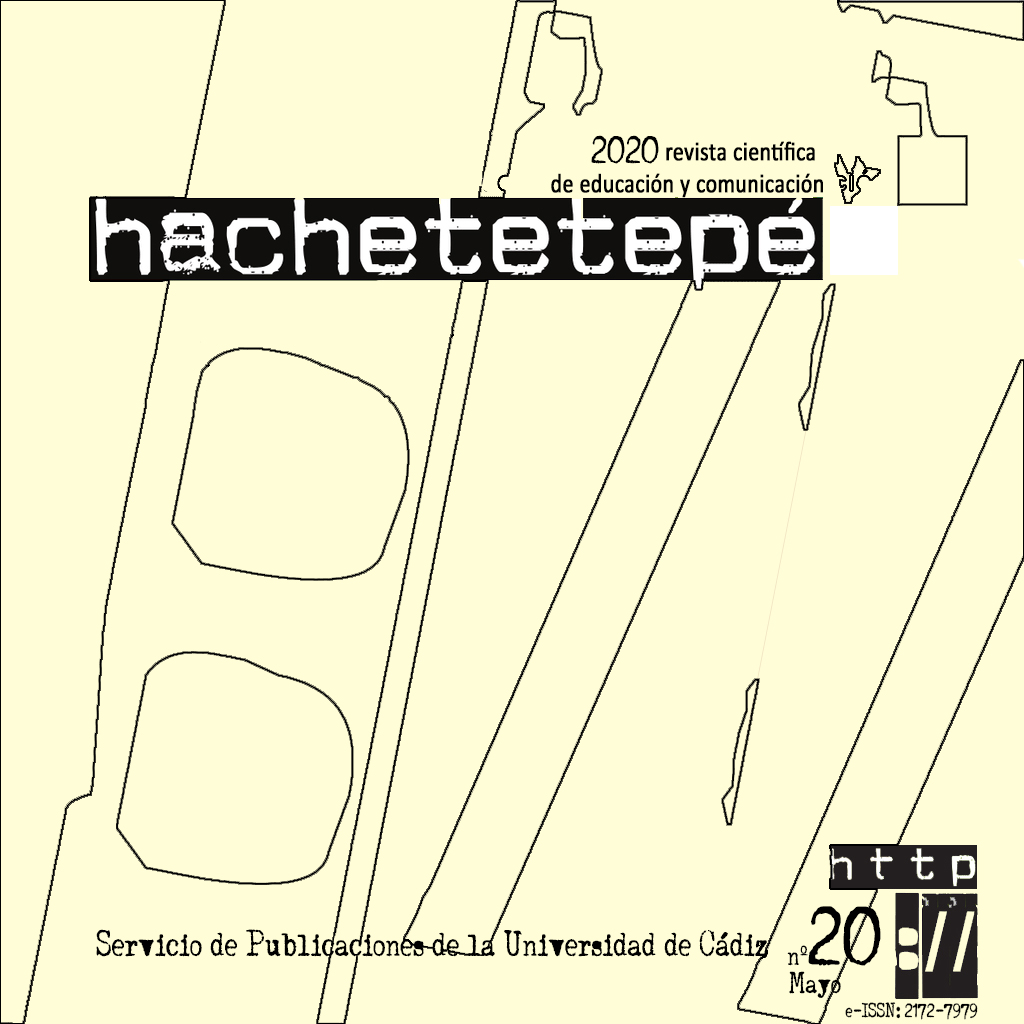Educational processes and the right to education: a perspective from the narratives of a Haitian woman in Brazil about the teaching exercise
Abstract
This article aims to reflect on the identity of the teacher who teaches for Haitian students in Brazil. From the narratives of a Haitian living in the northwestern region of Paraná, it was possible to define some elements that characterize the way of life in Haiti and the reasons for emigrating, comparing the identity of the teacher in Haiti and Brazil, and, finally, identifying essential characteristics that the teacher who works with immigrant students should have. We identified that the teacher who works with immigrants needs to understand that these students, in addition to graduating, they need to break the barrier of survival. Therefore, we highlight the importance of thinking about humanized teacher training processes, which contemplate the diversity, multiculturalism and uniqueness of the subjects in the training processes, especially those victimized by social vulnerability.
Keywords
Downloads
How to Cite
License

This work is licensed under a Creative Commons Attribution-NonCommercial-NoDerivatives 4.0 International License.
Those authors who have published with this journal, accept the following terms:
- They will retain their copyright and guarantee the journal the right to first publication of their work, which will simultaneously be subject to the Creative Commons Attribution License . They may be copied, used, disseminated, transmitted and publicly displayed, provided that the authorship, url, and magazine are cited, and are not used for commercial purposes. No derivative works are allowed.
- They may adopt other non-exclusive license agreements for the distribution of the published version of the work (e.g., deposit it in an institutional telematic archive or publish it in a monographic volume) provided that the initial publication in this journal is indicated.
- Disseminate your work through the Internet (e.g., in institutional telematic archives or on your website) once the manuscript is accepted, which may lead to interesting exchanges and increased citations of the published work. (See The effect of open access).
Hachetetepé. Scientific journal of education and communication does not charge a fee for the submission of manuscripts or for the publication of its articles.
References
Almeida, C. D. (2017). Haitianos no Brasil e sua relação com a comunicação, o consumo e o trabalho. São Paulo: Paulus.
Arroyo, M. G. (2000). Ofício de mestre: imagens e auto-imagens. Petrópolis. Rio de Janeiro: Vozes.
Arroyo, M. G. (2009). Imagens quebradas: Trajetórias e tempos de alunos e mestres. Petrópolis: Vozes.
Capelle, M. C., Borges, C. L. P. y Miranda, A. R. A. (2010). Um Exemplo do Uso da História Oral como Técnica Complementar de Pesquisa em Administração. En Anais do VI Encontro de estudos organizacionais da ANPAD; 1-13. Disponible en: <http://www.anpad.org.br/admin/pdf/eneo117.pdf>
Freire, P. (1989). Educadores de rua: uma abordagem crítica: Alternativas de entendimento aos meninos de rua. Bogotá: Gente Nueva.
Freire, P. (1993). Anotações sobre Unidade na Diversidade. En P. Freire Política e Educação (pp.31-36). São Paulo: Cortez.
Freire, P. (1997). Pedagogia da Esperança: Um reencontro com a Pedagogia do Oprimido. Rio de Janeiro: Paz e Terra.
Freire, P. (2001). Pedagogia dos sonhos possíveis. São Paulo: UNESP.
Joint, L. A. (2008). Sistema educacional e desigualdades sociais no Haiti: o caso das escolas católicas. Revista Pro-Posições, 19(2), 181-191.
Sayad, A. (1998). A imigração ou os paradoxos da alteridade. São Paulo: Editora da Universidade de São Paulo.
Sousa, M. y Cabral, C. (2015). A narrativa como opção metodológica de pesquisa e formação de profesores. Revista Horizontes, 33(2), 149-158.






